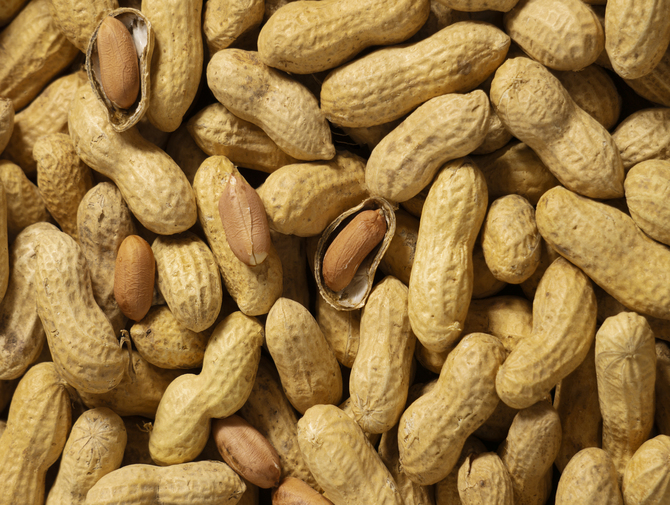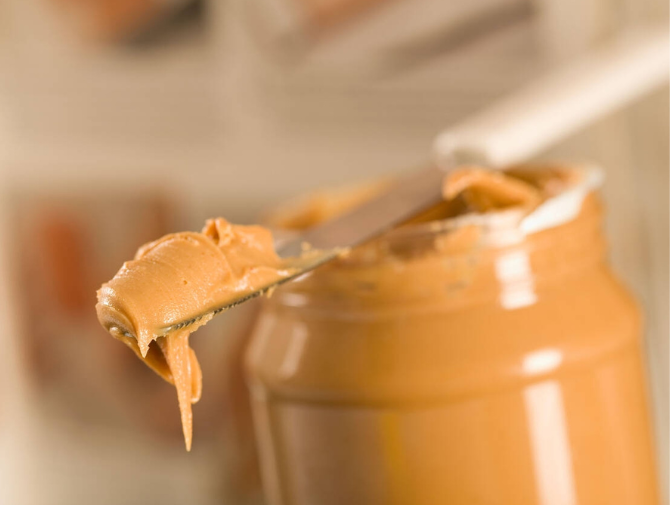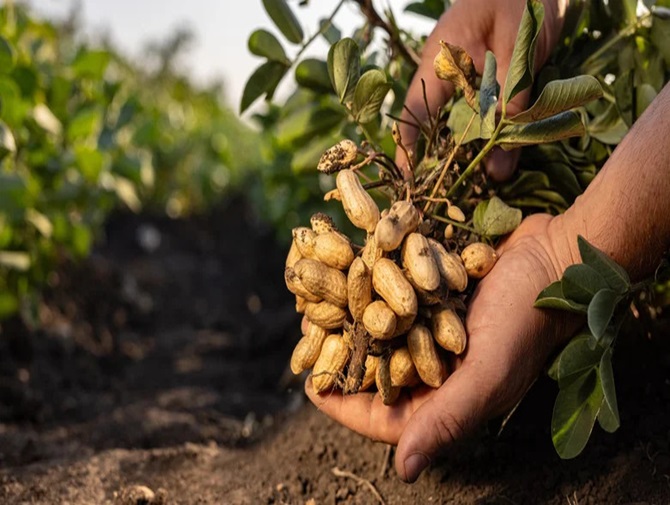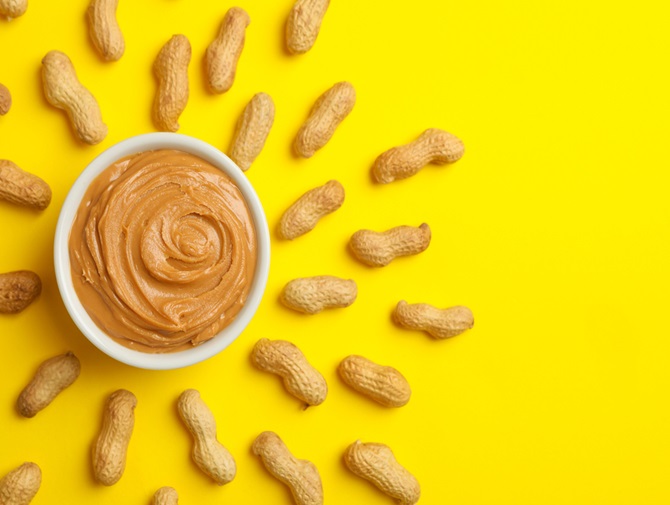

An ounce of information

Article by Pnut King
Published on 10/24/2024 in Peanut News
Origin of Peanuts in Ancient Mexico
History about peanuts in Mexico starts from the ancient pre-Hispanic periods. The Aztecs and Mayas, two of the major civilizations of Mesoamerica, were planting and consuming peanuts hundreds of years before European colonizers arrived. The archaeological evidence underscores how peanuts remained an important crop in the early societies, not only as a nutritious food product but also because of possible medicine use and religious functions. Peanuts, or cacahuates is how they call it, were usually ground into pastes and sauces, a practice that would bear fruit with Mexican cuisine to date.
These crude types of peanut cultivation would be the basis for one of the most resilient agricultural heritage to emerge in Mexico. These nuts were an integral part of food supply, rich in protein for maximum benefit in both nutrition and commerce. Raw peanuts and raw groundnuts continue to play a huge role in the diets of many rural communities across Mexico today, a testament to how this crop has been considered valuable since ancient times.
Introduction of Peanuts to the World
The history of peanuts in Mexico also linked the crop to the world elsewhere in the 16th century when Spanish explorers first came into contact with the crop. The crop impressed them by its utility and nutritional value, and the Spanish started exporting it to Europe, which was widely adopted in the region. From there, peanuts were disseminated throughout the world through different routes of trading into Africa, Asia, and the other parts of the Americas. Although the product was spread globally, Mexico still leads the rest being a big producer of raw peanuts in shell and organic raw peanuts.
Today, Mexican peanuts are exported worldwide to fill steadily growing demand worldwide but remain an essential produce for various local industries. Rich soil and favorable climate in regions such as Sinaloa and Veracruz offer fertile soil and favorable climatic conditions for quality production of peanuts. Due to these organic, non-GMO production processes, more and more people are asking for peanuts as well as organic raw peanuts. Increasing interest in healthy consumption and sourcing the product responsibly led to tremendous surges in demand for raw peanuts and organic raw peanuts during the past years.
Peanuts in Current Mexican Cuisine
Peanuts have been part of Mexican cuisine for a long time, and along the way, they were assimilated into all kinds of traditional and modern dishes. Probably one of the most famous is salsa de cacahuate, a rich and creamy peanut sauce often served with tacos, enchiladas, or grilled meats. The peanuts flow smootly nutty that seems to balance out the heat of the chiles, which combine for harmonious taste while revealing the versatility of the legumes. Mole is undoubtedly one of the most complicated and revered sauces for Mexico, and very often, peanuts go with the ingredients to add depth and richness as it is flavored with chocolate.
In modern Mexican cuisine, chefs are trying nuts differently. Raw groundnuts are a great addition to modern dishes. Peanuts in peanut-crusted meats, peanut in baked desserts, are only examples of how peanuts have entered avant-garde kitchens spread across the country. It is also commonly consumed as street food, that is roasted and sprinkled with a dash of chile powder and lime, reflecting the dynamic and diverse ways peanuts are consumed across Mexico.
Sustainability has emerged as one of the most important issues related to Mexican agriculture over the past two decades, particularly on account of peanuts. Rising demand for raw organic peanuts has drawn most farmers towards sound soil health and diversity-based sustainable methods of cultivating peanuts. Organic farming ensures healthier and better-quality peanuts besides conserving local ecosystems by eliminating the use of harmful pesticides and fertilizers.
This has increased organic peanut farming in Mexico, responding to the rapidly growing demand around the world for healthier, more ethically sourced food. Raw peanuts in their shell are now sold directly to consumers, as consumers increasingly seek authentic, locally produced items. Sustainable farming of peanuts also supports the continuation of traditional farming practices, while the incomes of rural farming communities are bolstered.
Peanuts in Mexican Life Today
Now peanuts are more of a cultural product in Mexico than just a food source. Their importance traverses selling on street corners, elaborate dishes, and through celebrations. Peanut farming on the shores of Mexico boasts of great historical richness, providing sustenance for generations but livelihoods for thousands of farmers.
The home country continues exporting raw peanuts, raw groundnuts, and organic raw peanuts to markets all over the world. The legacy of this ancient crop remains very strong today. Its journey from the ancient Mesoamerican fields to modern kitchens says a lot about its continued popularity and relevance in culture.
With over 17 years of experience in the peanut industry and numerous awards recognising his contributions, he founded Agrocrops in 2008, a leading global peanut company. His passion for peanuts drives his commitment to improving the industry for all stakeholders and promoting sustainability.

Published on 29/07/2025 in

Published on 28/07/2025 in
.png)
Published on 28/07/2025 in

Published on 25/07/2025 in

Published on 10/08/2024

Published on 08/20/2024

Published on 12/29/2023

Published on 01/02/2024
